Irrigation and Weed Management Learning for Beginners
The book on “Irrigation and Weed Management Learning for Beginners” is very simple to understand all the aspects of irrigation water and weed management and dealing all areas of irrigation and weed science such as soil - plant - water relationship, soil moisture constant, soil moisture measurement, irrigation scheduling, different irrigation practices, micro irrigation technologies, irrigation management practices for different field crops, irrigation water quality, irrigation structures, classification of weeds and herbicides, crop weed interactions, principles and methods of weed management and weed management practices for major field crops to meet out the growing interest in successful crop production.
This book will makes the students to manipulate the water and weed management in changing agricultural environment and equip them to transfer required technologies towards farming community. We are sure that the contents of this book will be referred by students and researchers and will be useful especially for the budding scientists of agricultural sciences and plant sciences group.
Contents:
1. Role of water in plants - Importance of irrigation - Water resources of Tamil Nadu
2. Soil moisture constants - Plant water stress - Plant response and adaptations - Methods to overcome plant water stress
3. Crop water requirement - Critical stages for irrigation - Water requirement for different field crops - Water use efficiency
4. Methods of irrigation - merits, demerits, suitability of surface and subsurface irrigation methods
5. Micro irrigation system (drip and sprinkler irrigation) – Government support to popularize micro irrigation systems
6. Water management for cereals and pulses
7. Water management for oilseed crops and commercial crops
8. Quality of irrigation water - Classification of quality of irrigation water based on different salts - Agronomic practices for use of poor quality water
9. Measurement of irrigation water
10. Scheduling of irrigation
11. Irrigation structures in wetlands and Irrigated drylands
12. TMC, CUSEC, CUMEC, Irrigation efficiencies and calculation
13. Weeds - definition, classification and characteristics, harmful and beneficial effects of weeds
14 . Classification and characteristics of weeds of different agro ecosys-tems : lowland, irrigated upland, rainfed land and waste land
15. Classification and characteristics of weeds — aquatic, parasitic and obnoxious Weeds
16. Crop weed interactions — critical crop weed competition, competitive and allelopathic effects of weeds and crops
17. Principles and methods of weed management: preventive, cultural, mechanical, chemical, biological and alternate methods
18. Herbicides - merits and demerits of using herbicides - classification based on mode of action and method of application - herbicide formulations
19. Weed Management practices for major field crops
20. Weed management practices for parasitic, problematic weeds and aquatic weeds
Get it now and save 10%
BECOME A MEMBER

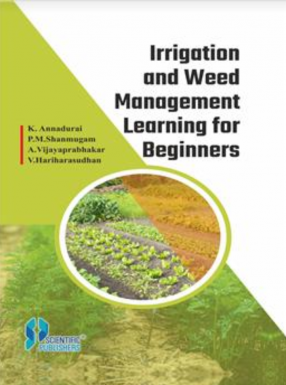
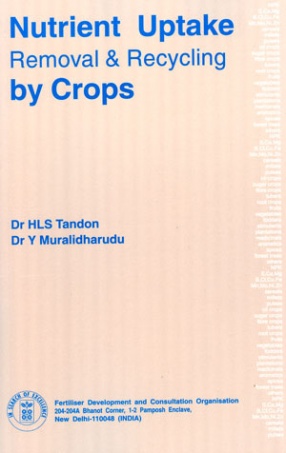
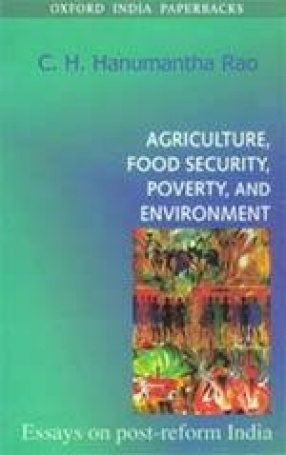
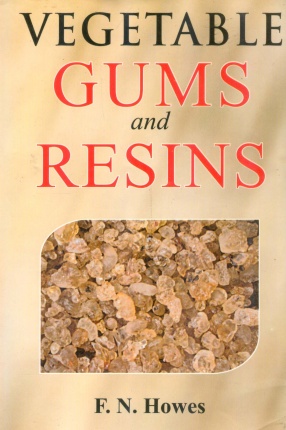
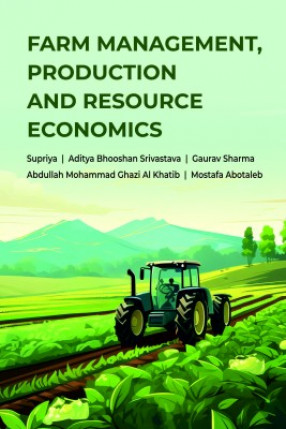

Bibliographic information